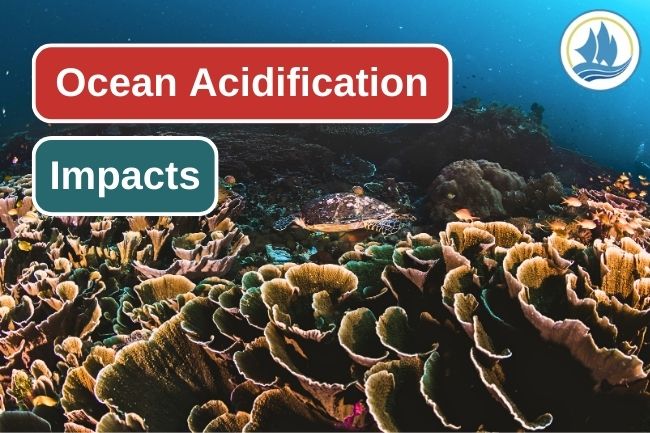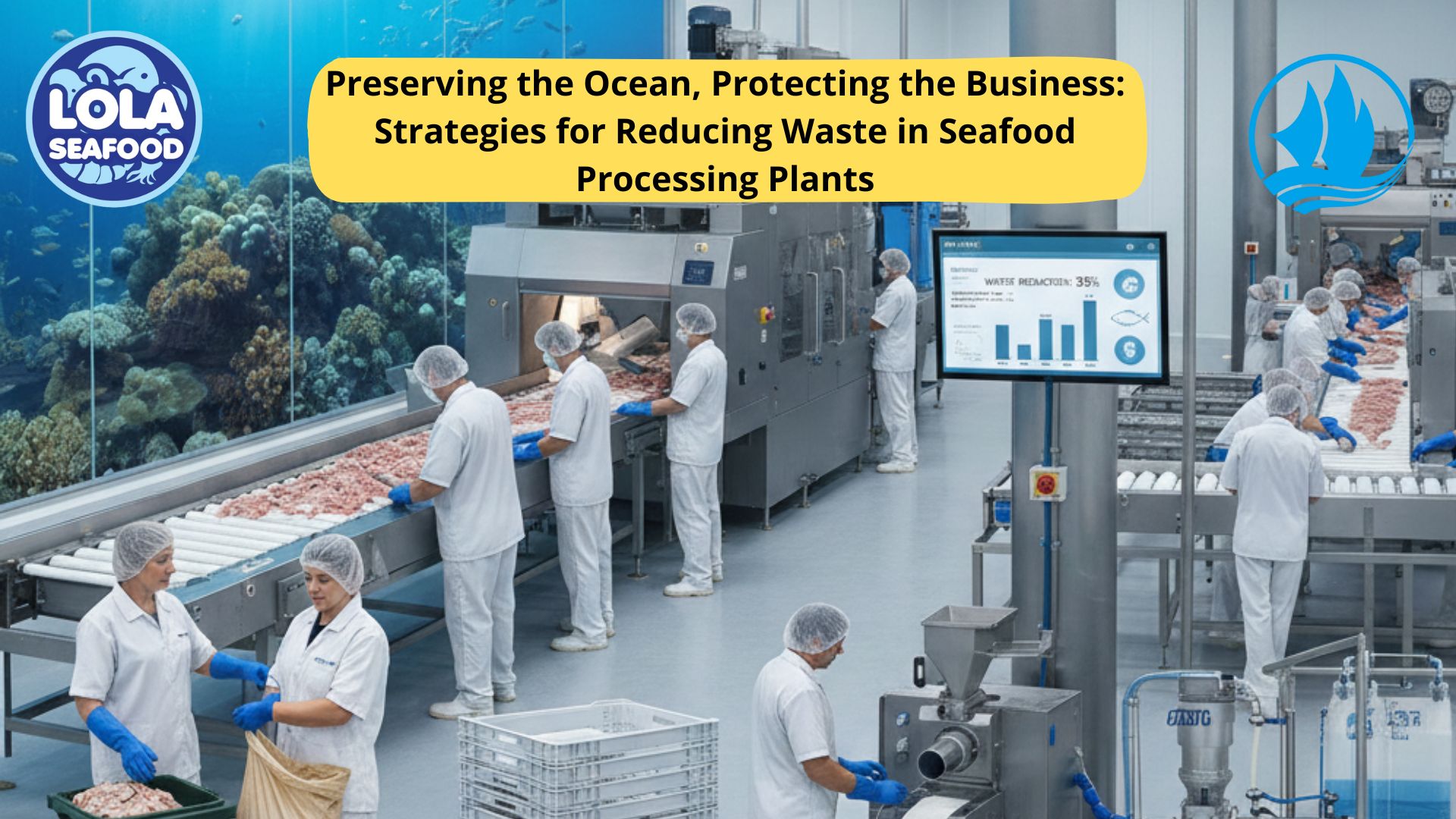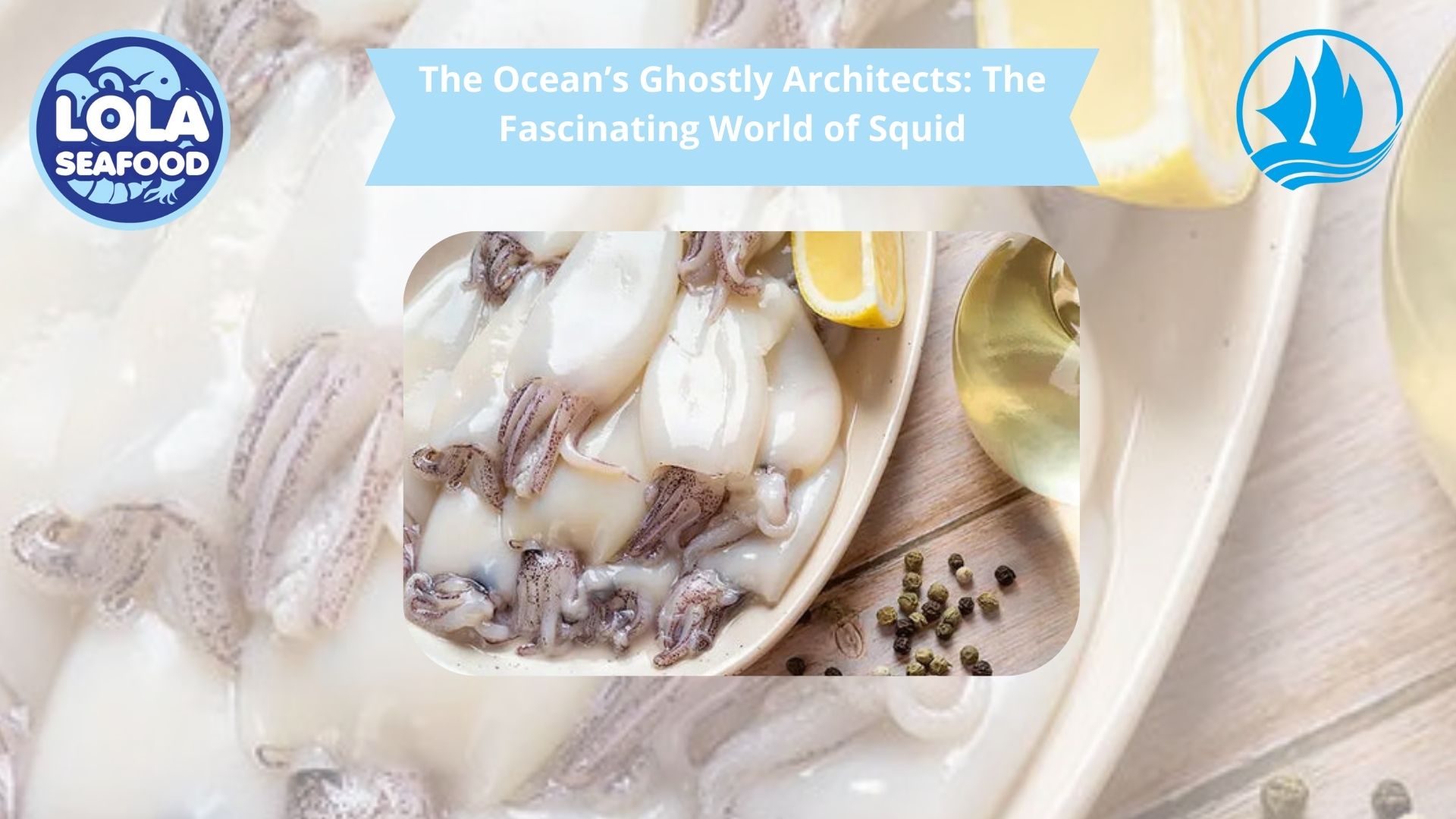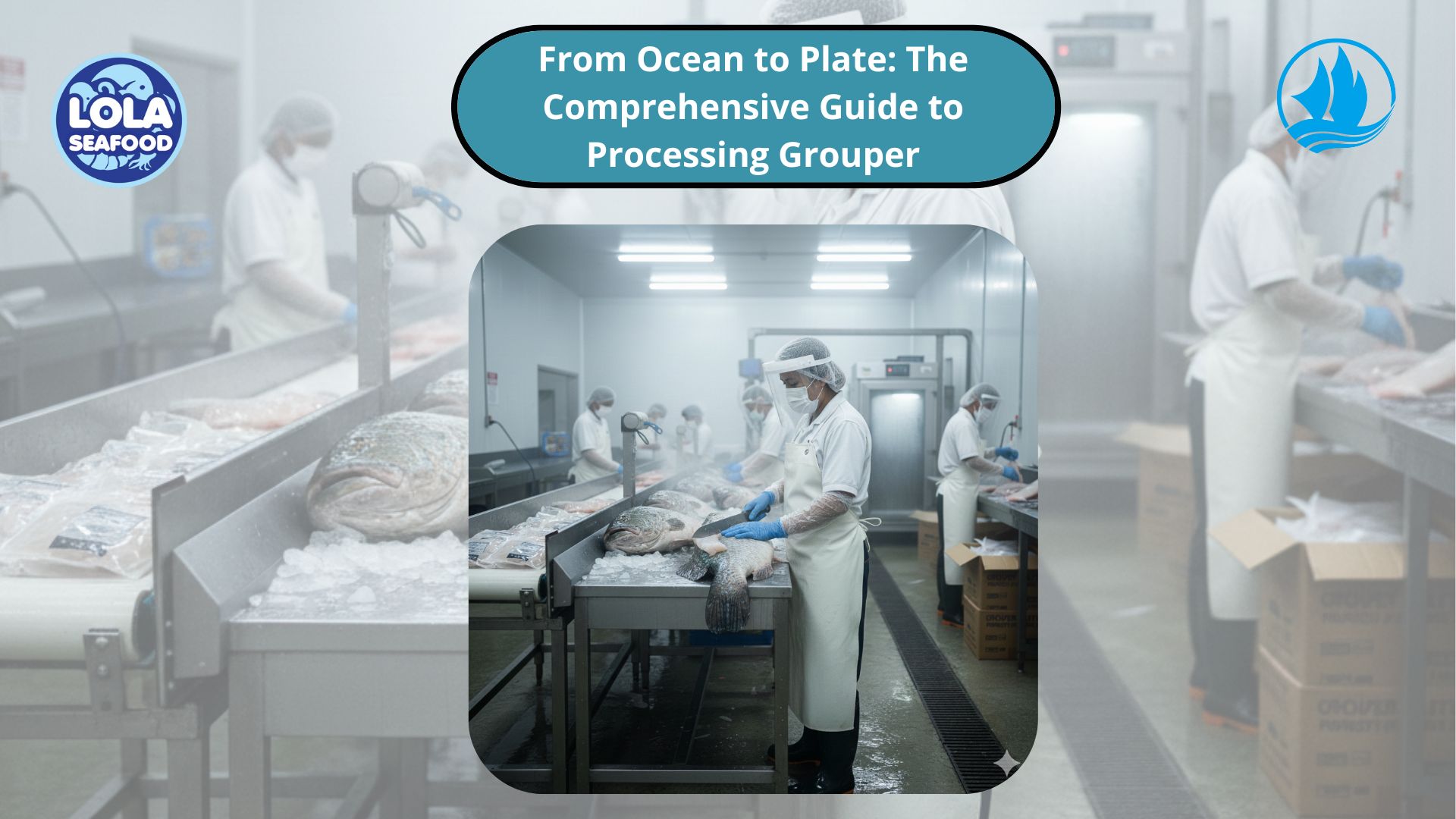5 Impact That Ocean Acidification Caused
By. Nevanda - 15 Jun 2023
kelolalaut.com - Ocean acidification is a significant concern because it can disrupt marine ecosystems and impact the entire food chain. For example, coral reefs, often called the "rainforests of the sea," are highly vulnerable to acidification. Increased acidity makes it more difficult for corals to build their calcium carbonate structures, weakening their skeletal frameworks and making them more susceptible to erosion and damage.
Ocean acidification can have significant impacts on fisheries and the broader marine ecosystem. Here are some of the key effects:
1. Shellfish and Shell-forming Organisms
Ocean acidification hinders the ability of shellfish, including oysters, clams, mussels, and some species of plankton, to build and maintain their shells or skeletons. The decrease in carbonate ions in acidic waters makes it more challenging for these organisms to calcify, resulting in thinner, weaker shells. This vulnerability can lead to decreased survival rates, reduced growth, and impaired reproductive success. The decline of shellfish populations can have direct economic consequences for the shellfish industry.
Read also: This is What Causing Ocean Acidification
2. Commercial Fish Stocks
Ocean acidification can indirectly impact commercial fish stocks by disrupting the food chain. Many commercially important fish species rely on zooplankton and other small organisms as their primary food source. These organisms may be negatively affected by acidification, potentially reducing their abundance. If the availability of prey decreases, it can impact the growth, survival, and reproductive success of fish populations, ultimately affecting fisheries.
3. Coral Reefs
Coral reefs are biodiversity hotspots and support a wide range of fish species. Ocean acidification poses a severe threat to coral reef ecosystems. The increased acidity inhibits the ability of corals to build their calcium carbonate skeletons, making them more susceptible to erosion and damage. As coral reefs degrade, fish populations that rely on them for food and habitat suffer, leading to a decline in fisheries productivity in reef-dependent regions.
Read also: How To Determine Fishing Ground
4. Ecosystem Disruptions
Ocean acidification can disrupt entire marine ecosystems. It can alter the behavior, physiology, and reproductive patterns of various marine organisms, including fish. Changes in behavior may affect feeding, migration, and predator-prey dynamics, leading to imbalances within the ecosystem. Such disruptions can have cascading effects throughout the food web, impacting fisheries at multiple trophic levels.
5. Economic and Social Implications
Fisheries are crucial for the livelihoods of millions of people worldwide, particularly in coastal communities. The decline in fish stocks due to ocean acidification can result in economic losses, decreased employment opportunities, and food security challenges for communities reliant on fishing.
Read also: Perfect For Summer! Try This Lobster Salad Recipe








